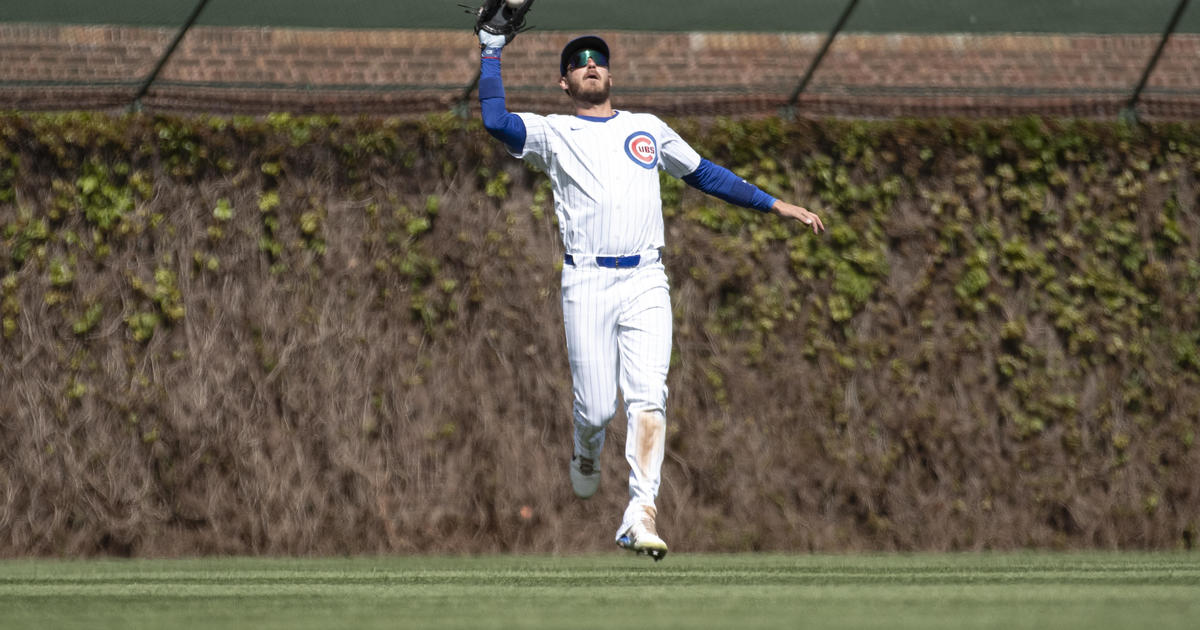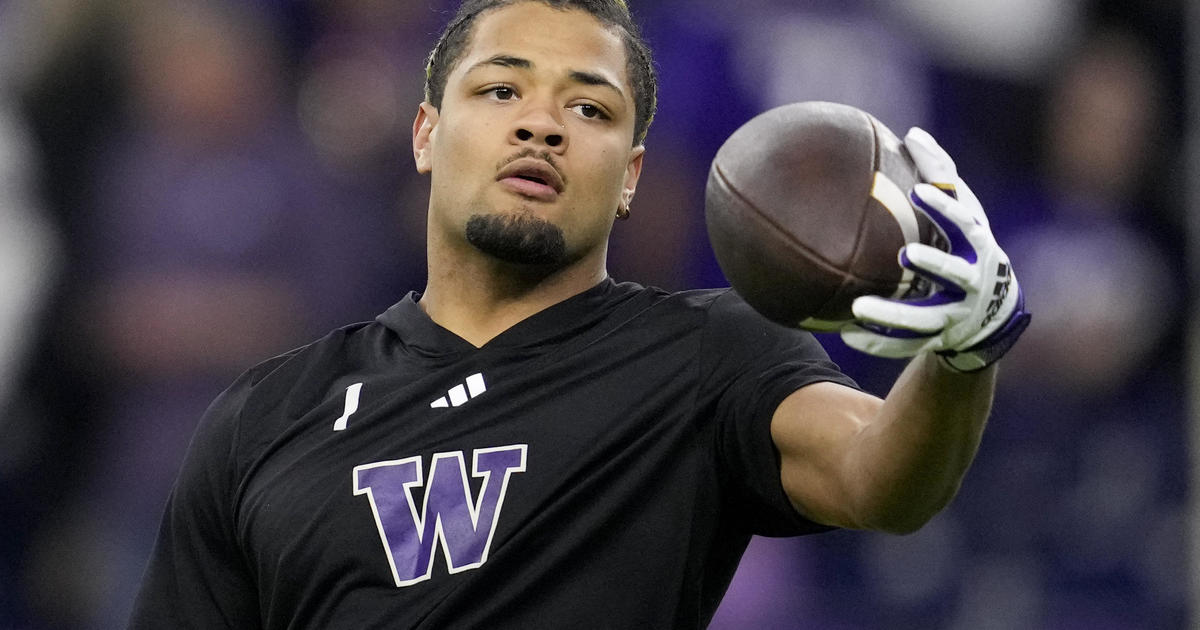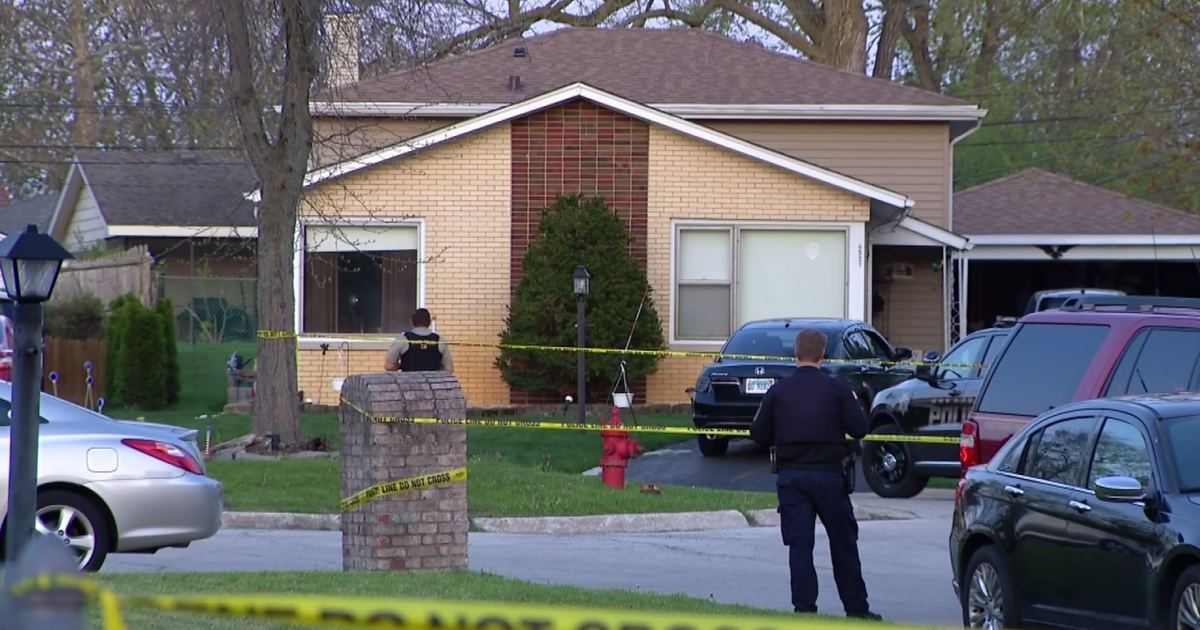Boers: My Appreciation For Muhammad Ali
By Terry Boers--
(CBS) For a super-argumentative 14-year-old who always thought he was right, the second heavyweight championship fight between Muhammad Ali and Sonny Liston on May 25, 1965 provided months and months of material thanks to the so-called "Phantom Punch" that felled the fearsome Liston.
It was like fodder's day and Christmas all rolled into one.
And did I mention that I was a stone-cold conspiracy kid? I believed with all my heart that Lee Harvey Oswald hadn't acted alone when he assassinated John F. Kennedy a year-and-a-half before, no matter what the dopey Warren Commission had concluded in 1964.
If I were 14 in today's world, I'm pretty sure I'd be ensconced in my basement, sitting at a computer and live tweeting on anything and everything, #thiskidisnuts.
But I didn't think so back in '65. I hadn't quite made up my mind yet on Ali as a person and boxer, but I was positive that punch wouldn't have been enough to drop the powerful Liston, who'd already been arrested enough times to qualify for the NFL.
You have to remember that back in the Stoned Age, we didn't have the benefit of YouTube or the hundreds of other outlets that could have provided the fight in an instant. I didn't have the luxury of viewing the punch over and over and over. I'd seen the replay maybe twice, and there were newspaper and magazine pictures galore, none of which provided me with absolute proof of anything except that Liston's dive would have earned a 2 from the Russian judge.
The legendary ring announcer Don Dunphy agreed with me, noting, "If that was a punch, I'd eat it. Here was a guy who was in prison and the guards used to beat him over the head with clubs and couldn't knock him down.''
Many others fell on the Ali side of the argument, but I thought they were living in a dream world, simply refusing to believe that the fix was in.
Even as late as 1995, an HBO documentary chronicled the actions of noted Las Vegas mobster John Vitale, who'd told gym owner Johnny Tocco that the fight would end in the first round.
I've always wondered if that was a Tocco Tuesday.
Ali himself wasn't sure in the immediate aftermath if the punch had landed, asking his people, "Did I hit him?''
So I argued with anyone and everyone that the once seemingly invincible Liston was just a patsy, that he knew the fight was going to end in a loss, so he just took the earliest opportunity to get it over with.
But somewhere along the way, the entire discussion took an ugly turn, devolving into a discussion of race, quickly morphing into a condemnation of Ali and African-Americans. The minute I heard the N-word being tossed around liberally during a gym class argument one day, I knew that the discussion of Ali, who'd announced that he was a member of the Nation of Islam a little more than a month before the second Liston fight, would never be the same.
And it wasn't.
The Liston fights, for better or worse, had propelled Ali into the national spotlight, a glare that hadn't always been kind to athletes, even way back then before just about everybody was carrying around a camera phone.
For sure, Ali was a brash band all by himself. There wasn't a moment he couldn't control, a crowd he couldn't charm. I can't even recall if I'd ever heard of Howard Cosell before his interviews with Ali became firmly entrenched in the bloodstream of America.
When I met Cosell years later in the '80s at a Monday Night Football game in Buffalo, he was sitting at a table regaling a few friends with some of the most creative profane banter I'd ever heard. Kudos to him for that. The rest, not so much. When I was introduced to him, he looked at me like I was gum on his shoe, quickly dismissing me with something resembling an harumph.
I have a few words for him. I'll let you guess what they are.
But I digress.
For all the constant chatter Ali generated, which was mostly harmless and almost always funny, we were heading for the most critical decision of his life, that coming on April 28, 1967, when Ali, citing religious reasons, refused to be inducted into the U.S. Army and was immediately stripped of his heavyweight title.
I'm pretty sure that no one ever said it would be easy reaching the status as the most recognizable man on the face of the planet, but I can't recall anyone thinking it would be quite that hard, either.
On June 20 of that year, Ali was found guilty of draft evasion and sentenced to five years in prison, fined $10,000 and banned from boxing for three years.
He had famously said he didn't have any quarrel with the Viet Cong, but he sure had one with our government.
While his appeals kept him out of prison and he finally returned to boxing in October 1970, his decisions left him an easy target for those who called him un-American, not to mention a detestable figure who was permanently branded a coward by much of this country.
But Ali, as history tells us, was far from that.
As he fought on into the 1980s, way past his prime, the spirit was willing, but the body wasn't. The tank was empty and only out of respect did a guy like Larry Holmes not administer the beating he could have given Ali.
That beating will never come from me, either.
I readily followed the Ali template when it came to the war in Vietnam, just for different reasons. So did millions of other draft-eligible college students who were rightly convinced that Vietnam was a completely unjust, unnecessary war that took thousands of American lives for no good reason.
And we let the world know it, just not as dramatically as The Greatest did.
I also knew some gung-ho types who couldn't wait to enlist in the service and head to Southeast Asia, for what I'm not sure.
Thankfully, due to that first draft lottery, I never had to make that decision. But they got perilously close to the figure assigned to my birthdate, a fact that had me sweating because��I was already married and a father.
I'd like to say that no true child of the '60s would ever have a bad word to say about Ali now that he's gone at the age of 74. But I know that isn't true. People who make difficult decisions aren't ever going to be loved by all. But I just hope that during today's service, those who still hate him can find it in their heart to appreciate him.
A longtime sportswriter for the Chicago Sun-Times, Terry Boers now co-hosts The Boers and Bernstein Show, which can be heard Monday-Friday from 1 p.m.-6 p.m. on 670 The Score.



